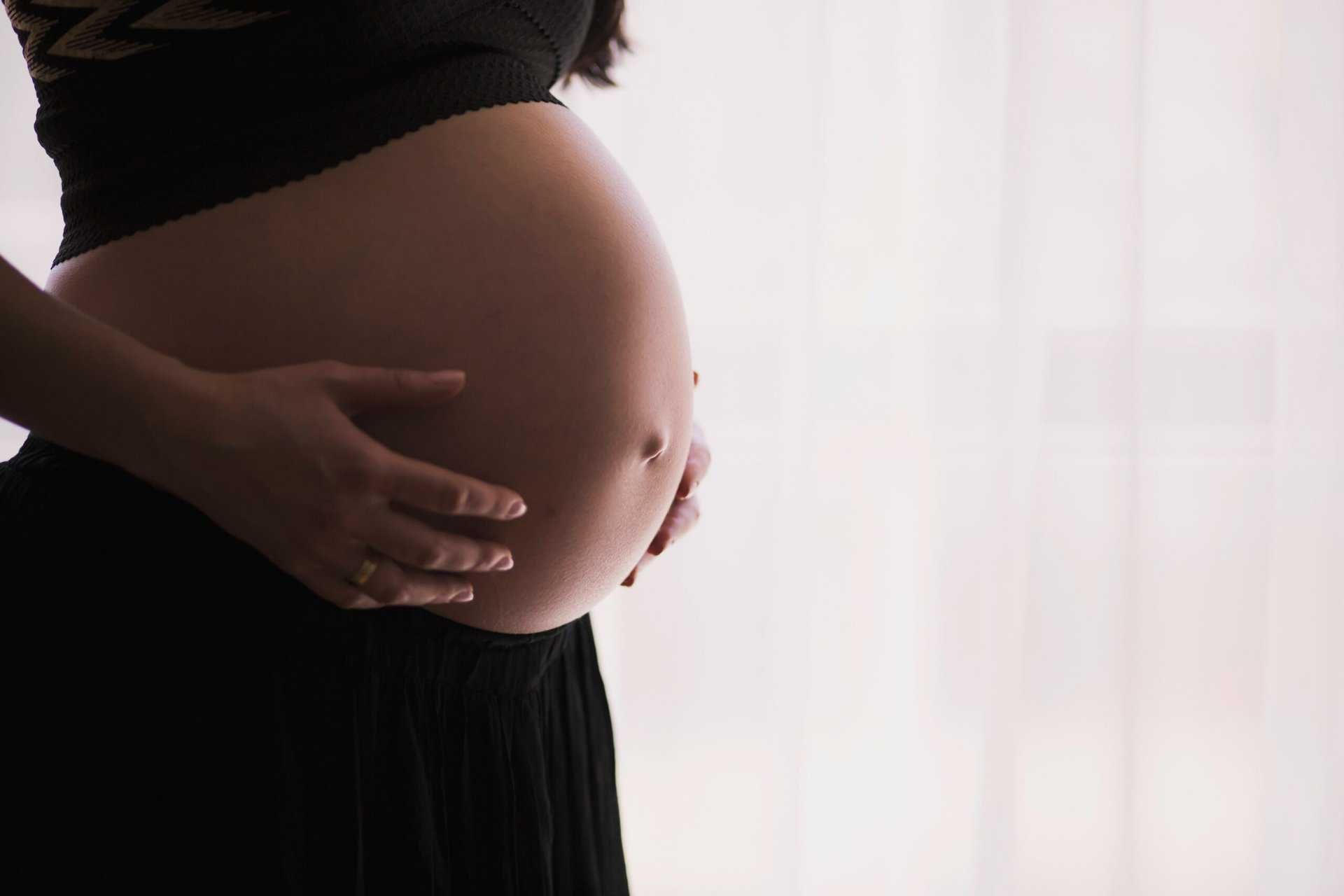Question About Treatment
The Effects of Drinking While Pregnant

The effects of drinking while pregnant are still unknown or ignored among a specific population in the United States. Drinking while pregnant is never an acceptable practice. Unfortunately, women who find themselves pregnant and have an existing alcohol use disorder have difficulty understanding the ramifications.
There is no safe level of alcohol consumption during pregnancy, and ignoring this fact could result in premature birth, miscarriage, stillbirth, and the possibility of physical, mental, and emotional disabilities developing for the baby.
The Centers for Disease Control published an information bulletin from 2018 to 2020, stating that 1 in 7 pregnant women in the US were drinking alcohol in the past 30 days. More shocking is that 1 in 20 pregnant women report binge drinking in the past 30 days.
The effects of drinking while pregnant are severe and could lead to the infant’s death. According to another study, 40% of pregnant survey participants who reported drinking while pregnant also used marijuana, tobacco, opioids, cocaine, hallucinogens, inhalants, and methamphetamine.
Alcohol Use and Expecting Mothers
Drinking while pregnant can have many adverse effects on the baby in the womb and after birth. There is no safe level for pregnant women to consume alcohol at any time after conception. Many national medical organizations run continual education public information campaigns to raise awareness about the dangers to the baby. As the unborn baby develops, it experiences adverse effects on brain development if the mother is consuming alcohol.
The unborn baby is affected when alcohol crosses the placenta through the umbilical cord. Drinking while pregnant interferes with the essential nutrients crossing the placenta to reach the unborn child. Unfortunately, the baby’s blood alcohol level will match that of the mother within only a few hours after the consumption of alcohol. The fetus suffers the effects of alcohol use longer than the mother because the fetus metabolizes alcohol at a slower rate.
Risk Factors for Drinking While Pregnant
Alcohol use disorders can affect the cognitive function of the mother and may challenge her understanding of the risk factors for the baby. However, anyone receiving prenatal care receives education on the dangers of drinking while pregnant because it is a fact that using alcohol during pregnancy is the leading preventable cause of birth defects.
Moreover, alcohol use during pregnancy increases the risk of birth defects, developmental problems, and the development of fetal alcohol spectrum disorders (FASDs). Pregnant mothers with an alcohol use disorder can receive substance treatment while pregnant, beginning with a medically managed detox.
Birth defects involving physical and structural development can be any of the following:
- Small head circumference
- Below average height and weight
- Eyesight and hearing complications
- Bone, heart, and kidney issues
- Abnormal facial characteristics include wide-spaced eyes, a smooth ridge developing between the nose and upper lip, a flat nasal bridge, a thin upper lip, and an upturned nose
Sometimes women with an alcohol use disorder do not realize they are pregnant. Three weeks after conception, the neural tube that becomes the baby’s brain and spinal column begins to form, which becomes the central nervous system. Development of the heart, arms, legs, eyes, and ears transpire between three to four weeks after conception. The earlier a pregnant woman quits using alcohol, the effects of drinking while pregnant can cease.
Additional development is affected during 6-12 weeks into pregnancy when the teeth, palate, and external genitals are formed. Defects can continue to develop throughout the pregnancy until the baby is born. Another unfortunate fact is that drinking while pregnant continues to increase the risk of miscarriage throughout the pregnancy. Expectant mothers with an alcohol use disorder find obtaining prenatal care challenging.
Effects of Drinking While Pregnant: Fetal Alcohol Syndrome
Fetal alcohol syndrome can result from any level of alcohol consumption while pregnant. Babies born to mothers with an alcohol use disorder also experience intellectual and behavioral issues as they grow. These disabilities are often not found until benchmarks are unmet during the first five years of life. The Centers for Disease Control found the following characteristics and behaviors in babies with fetal alcohol syndrome.
Beyond the already mentioned abnormalities, children with FASDs might have the following characteristics and behaviors:
- Poor coordination
- Hyperactive behavior
- Challenges with focus or attention
- Poor memory
- Difficulties with schoolwork, especially mathematics
- Learning disabilities
- Speech and language delays
- Intellectual disability or low intelligence quotient
- Poor reasoning and judgment skills
- Sleeping and sucking problems as an infant
Mental Health, Drinking, and Pregnant Women
Many women with an alcohol use disorder have a co-occurring mental health disorder that is not under treatment. Depression, anxiety, panic disorder, and other mental health conditions in combination with a substance use disorder is dual diagnosis. Treatment is available for dual diagnosis in many professional treatment centers. Drinking while pregnant is dangerous, but taking other substances to self-medicate for a mental health disorder presents further complications.
The best outcome for the mother and baby is for treatment to begin with the confirmation of pregnancy. Medical professionals can work hand in hand with mental health professionals to treat the mother and provide essential prenatal care for the baby.
Cognitive-behavioral therapy can be beneficial for adapting new coping mechanisms to maintain sobriety. Some medications may be used to taper from the alcohol use disorder, but medically monitored treatment provides the best outcomes.
Get Help Before It’s Too Late in California
Once the effects of drinking while pregnant are known, treatment is the best option for the baby and the mother. Sierra Health + Wellness in California offers medically managed detox and treatment for dual diagnosis when a mental health disorder is present. Providing the best care for the unborn baby can be found with treatment for the mother as soon as possible.
Contact the center for additional information on the management of detoxification during pregnancy.

 9985 Folsom Blvd, Sacramento CA 95827
9985 Folsom Blvd, Sacramento CA 95827 (866) 303-6275
(866) 303-6275

